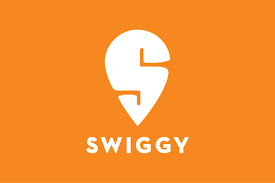Following in the footsteps of Zomato, Swiggy, the online food and grocery delivery platform, has launched its own UPI (Unified Payments Interface) service. This move aims to reduce dependency on external apps, minimize payment failures, and streamline the checkout experience.
Swiggy’s new in-app payment service is being launched through the UPI-Plugin in partnership with Yes Bank and Juspay, unlike Zomato, which applied for a Third Party Application Provider (TPAP) license last year to offer a similar service.
“Swiggy has currently launched this in a closed user group (CUG) to its employees and will soon start opening this in phases to customers,” a source close to the development said.
This development comes as Zomato scales back its fintech ambitions, having recently surrendered its Payment Aggregator (PA) license and withdrawn its application for a Non-Banking Financial Company (NBFC) license.
Swiggy has been testing the UPI service with its employees over the past month and plans to roll it out to all users gradually over the next few months.
UPI Plugin, introduced by the National Payments Corporation of India (NPCI) in 2022, allows merchants to offer UPI payments within their apps without needing a TPAP license, simplifying the process and reducing the risk of payment failures due to app redirection.
Swiggy’s move to integrate an in-house UPI payments option is designed to eliminate the need for customers to switch to external apps like Google Pay, Paytm, or PhonePe when making payments. This is expected to reduce payment downtime and improve the checkout experience, especially during peak times.
Additionally, offering an in-house UPI service gives platforms like Swiggy access to valuable consumer data, including spending patterns and frequency, which they might not obtain through third-party payment aggregators.
Swiggy previously launched its digital wallet, Swiggy Money, in partnership with ICICI Bank in 2020, and a co-branded credit card with HDFC Bank last year.
The rise of UPI-Plugin has been gradual, with more merchants expected to adopt this solution in the coming year. NPCI’s initiative aims to reduce the dominance of major players like Google Pay and PhonePe, which currently control 85 percent of UPI transactions. NPCI had proposed a cap on these apps’ market share, with the deadline for implementation now extended to December 2024 due to challenges in execution.

